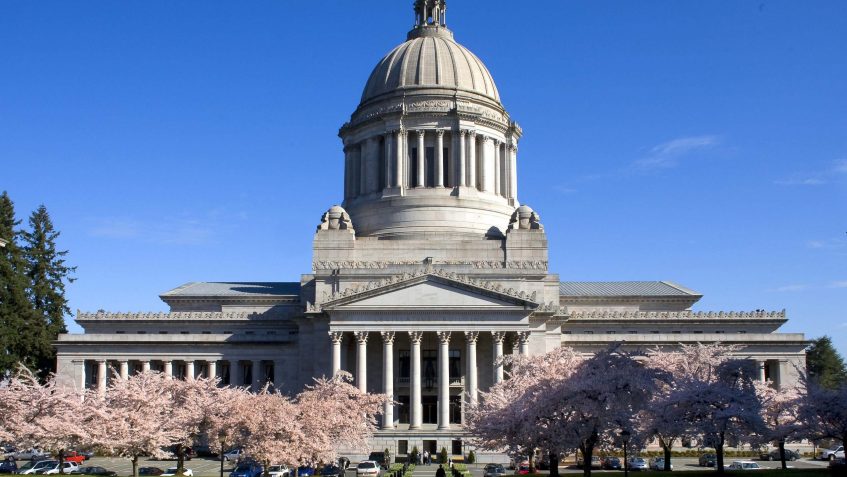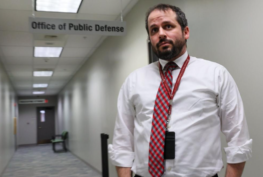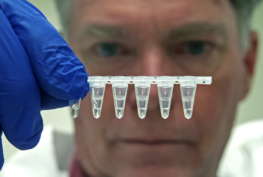Sex education will be required in every public school district of Washington, under legislation cleared by the State Senate on Saturday and sent to Gov. Jay Inslee for his signature.
The legislation, stalled for two years in the House of Representatives, drew fierce Republican opposition. It passed the Senate on a 27-21 party line vote, with murmurs that opponents may seen to send the issue to voters in a referendum.
“Republicans have never seen a compelling reason to mandate a sex education curriculum at the state level, and each of us believes those decisions should continue to be made at the local level, where parents can be heard directly,” the Senate Republican Caucus said in a statement after the vote.
Under the legislation, every public school in Washington must have a comprehensive sexual health education program, one that meets certain requirements. Parents can choose to take their offspring out of the program.
School districts will have criteria tools to review, as well as criteria established by the state’s Office of the Superintendent of Public Instruction. The legislation requires school districts to annually report the criteria they are using.
The sex education requirement kicks in this September for grades 6 to 12, and in September of 2021 for kindergarten through 5th grade.
State Sen. Claire Wilson, D-Federal Way, an educator and chief sponsor, termed the requirement sensible and necessary. “We must ensure that our kids have the tools and know they need to recognize and resist inappropriate behavior,” she argued. “This important education will help prevent younger kids from being targeted by pedophiles and help teens who feel pressures to have sex.”
The debate saw first-term State Sen. Mona Das, D-Kent, get personal and move colleagues with her story. Das related that male babysitters sexually abused her as a little girl, and that a male relative sought to abuse her when she was a teenager.
“I wish I had this education in school,” she told colleagues. “I wish someone taught me about consent. I wish someone told me that ‘no meant no’. I know that I am not alone.”
Twice in recent years, in 2009 and 2012, opponents organized by the religious rights have taken the Legislature’s actions to a vote. In 2009, the state voted in favor of legalizing domestic partnerships for same-sex couples. Three years later, Washington became one of the first three dates to vote in favor of marriage equality. The state’s first same-sex wedding was performed by King County Superior Court Judge Mary Yu, who now sits on the Washington State Supreme Court.
The Family Policy Institute of Washington, a force behind previous referendum campaigns, has fiercely opposed mandatory sex education in public schools.
Sex education is “driven by Planned Parenthood” and “seeks to indoctrinate and sexualize children all the way down to kindergarten,” the Center’s web site argues. It accuses advocates of promoting “a sexuality that is contrary to God’s Word, encouraging sexual experimentation, affirming gender dysphoria and same-sex attraction.”
The curriculum is a product of “neo-Pagans (nonbelievers) and the new Socialists to change our culture and values of sex and marriage,” it adds.
State Sen. Manka Dhingra, D-Redmond, a deputy King County Prosecutor, offered a far different perspective, saying in debate: “Instead of consistently reacting to violence against women, we now actually will be in a position where we are preventing future victimization and preventing future violence.”
By Joel Connelly




